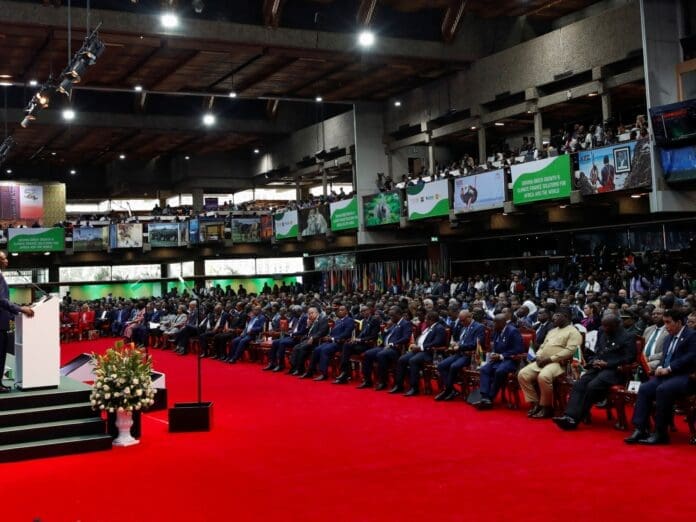Scheduled for late November, the 2023 United Nations Climate Change Conference (COP28) is set to take place in Dubai. The event is expected to play a significant role in the global effort to reduce greenhouse gas emissions and increase climate change adaptation, especially following a year which saw numerous record-breaking heatwaves.
However, there are early warnings from climate activists and civil society that the conference may fail to make meaningful progress unless there is a substantial shift in climate policies. Concerns persist in the Global South that wealthy nations and international corporations will continue their business-as-usual practices, leaving poorer nations – which are the least responsible for climate change – to bear the brunt of the crisis.
This worry is not unfounded, as similar trends have been observed at past climate events, including the recent Africa Climate Summit held in Nairobi in September. Despite the summit being an opportunity for African nations to unite on issues like loss and damage compensation, climate mitigation, and climate finance, the resulting Nairobi Declaration did not reflect a consensus and the best interest of African nations.
It is apparent that lobbyists for Global North countries and corporations were given significant influence at the expense of African delegates, many of whom struggled to access the proceedings and felt sidelined. As a result, the summit embraced policies such as carbon credits, offsetting, and trading, which are seen as false solutions that further exacerbate the situation for African nations.
These false solutions, including carbon trading, have been critiqued for enabling the exploitation of natural resources in the Global South and failing to address rising carbon emissions. Instead, the alternative model of cap and share, involving an international carbon tax that makes polluters in the Global North pay, has gained popularity among climate activists and civil society.
This proposed system would generate trillions of dollars a year for a global Green New Deal fund, financing the transition to renewables, supporting energy access for all, and providing grants for loss and damage, adaptation, and mitigation in the Global South. This inclusive taxation system has the potential to bring substantial gains to Africa, including the eradication of extreme poverty.
As the world looks ahead to COP28, it is crucial that the voices of climate activists and civil society from the Global South are heard. It is time to say no to carbon markets, to selling Africa’s carbon, forests, and land to the North, and to demand climate justice and finance without strings attached.
